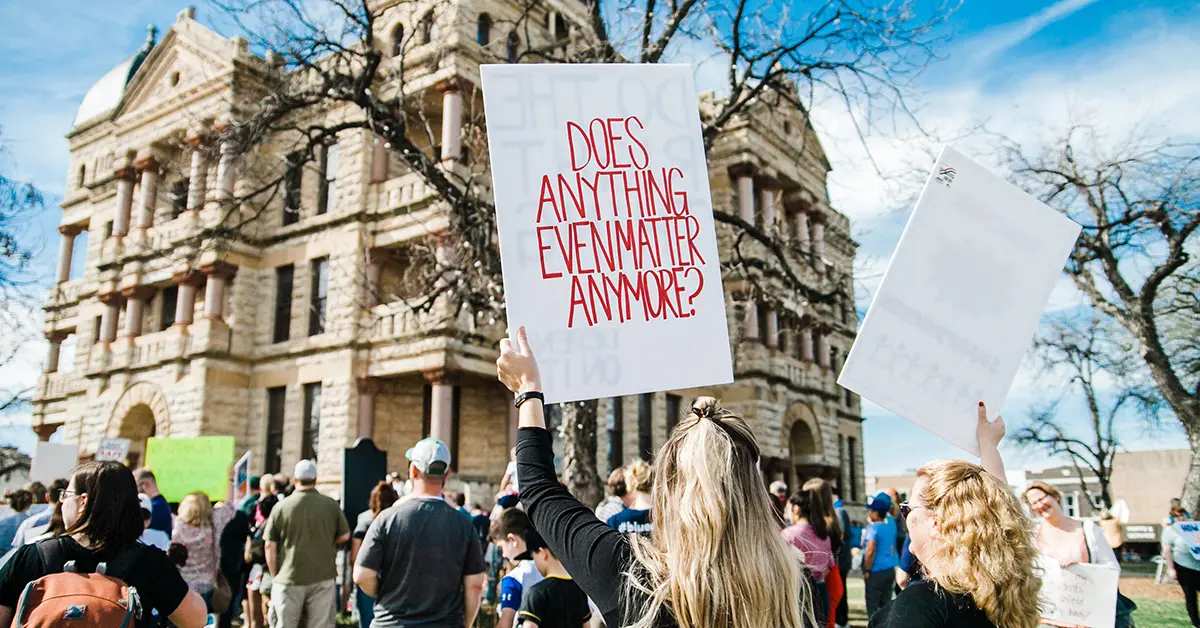In People v. Gutierrez (2018) 27 Cal.App.5th 1155, the California Court of Appeal considered the lawfulness of a warrantless blood draw in the wake of Birchfield v. North Dakota (2016) 579 U.S. __, 136 S.Ct. 2160. After his arrest, Gutierrez was given California’s implied consent admonition, which allows the driver to choose between a breath or blood test. Gutierrez chose a blood test. The court found that the U.S. Supreme Court’s holding in Birchfield did not address the scenario presented in the case. The Gutierrez court wrote: “The United States Supreme Court never considered whether a blood test could be administered as a search incident to arrest if a suspect elects it over a breath test, when both are offered.” Gutierrez, supra, at 1162.
In Birchfield, the Court had broadly held that the search-incident-to-arrest doctrine does not apply to the warrantless taking of a person’s blood sample. The Court instead took the position that the doctrine applies to the less invasive procedure of a breath test. But in Birchfield, the Court considered North Dakota’s implied consent statute, which gave the officer the choice of which test to administer. The Gutierrez court found significant that California’s implied consent law gives that choice only to the driver. The court found a critical difference between a compelled blood test, and a blood test that was simply preferred over a breath test.
“We conclude that to analyze this case – or any case that fits into the broad category of breath-or-blood testing – as if it involved merely a blood test is a category error. From the perspective of the suspect subjected to a search, there is a material difference between being compelled to take a blood test and being compelled to take either a breath or blood test, whichever the suspect prefers.” Gutierrez, supra, at 1162.
Calling the search a breath-or-blood test, the court found that no warrant was necessary in order for the officer to merely accommodate Gutierrez’s preference for a blood test. Gutierrez, supra, at 1161.
“Conceding, as he must, the constitutionality of a warrantless breath test, Gutierrez would have his act of choosing a blood test over that breath test trigger the requirement for a warrant. We fail to see how Fourth Amendment values are enhanced by requiring a magistrate to review a warrant application before an arresting officer can accommodate a suspect’s preference for a particular BAC test.” Id. at 1164.
Seemingly contrary to the U.S. Supreme Court’s mandate that a warrant is required for a blood test, the Gutierrez court applied the search-incident-to-arrest doctrine. “In sum, because Gutierrez chose between the two types of BAC test (as distinct from choosing whether to take a chemical test at all), we hold that the search in this case is properly characterized as a breath-or-blood test and is justified under the search-incident-to-arrest exception to the warrant requirement.” Gutierrez, supra, at 1165.




